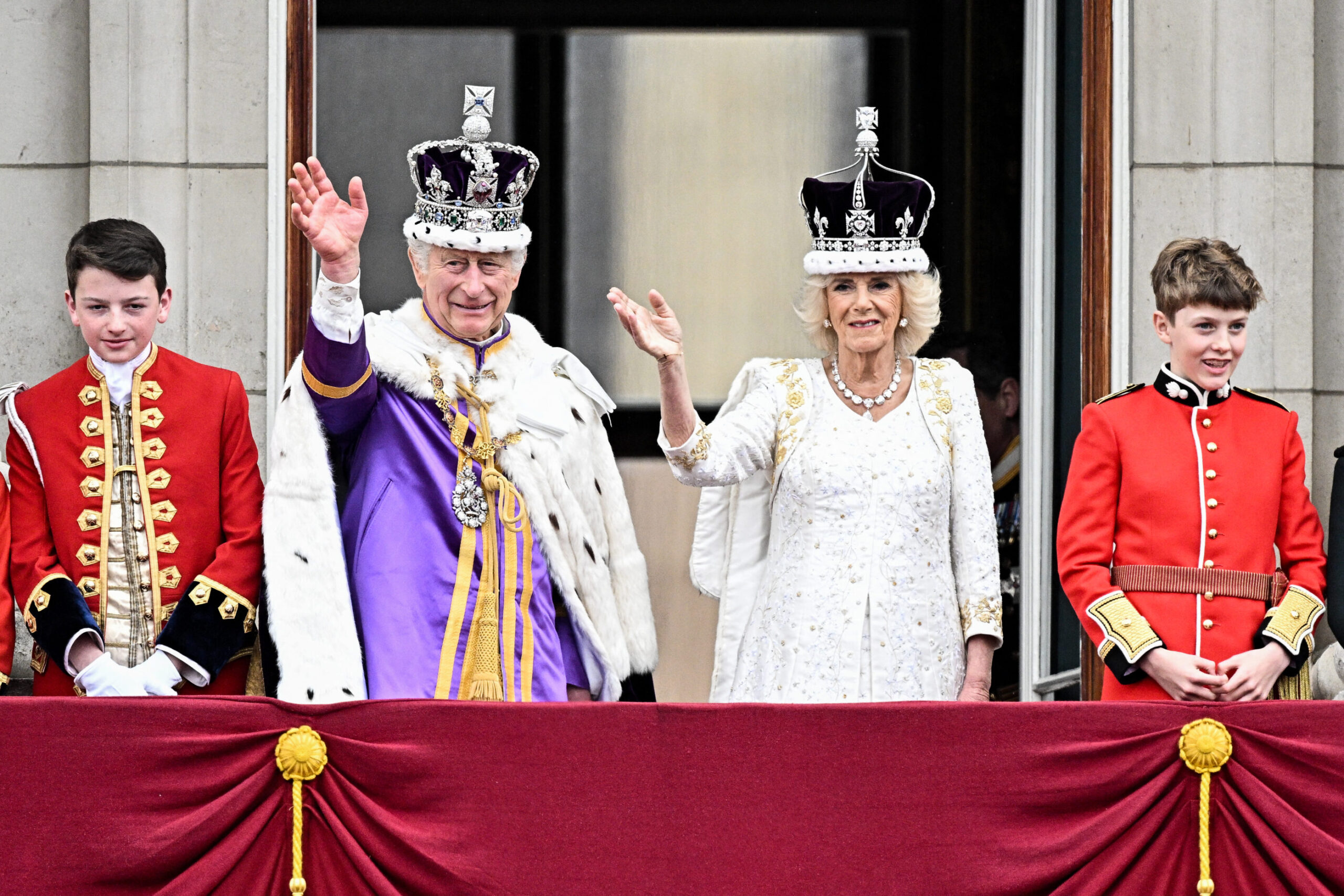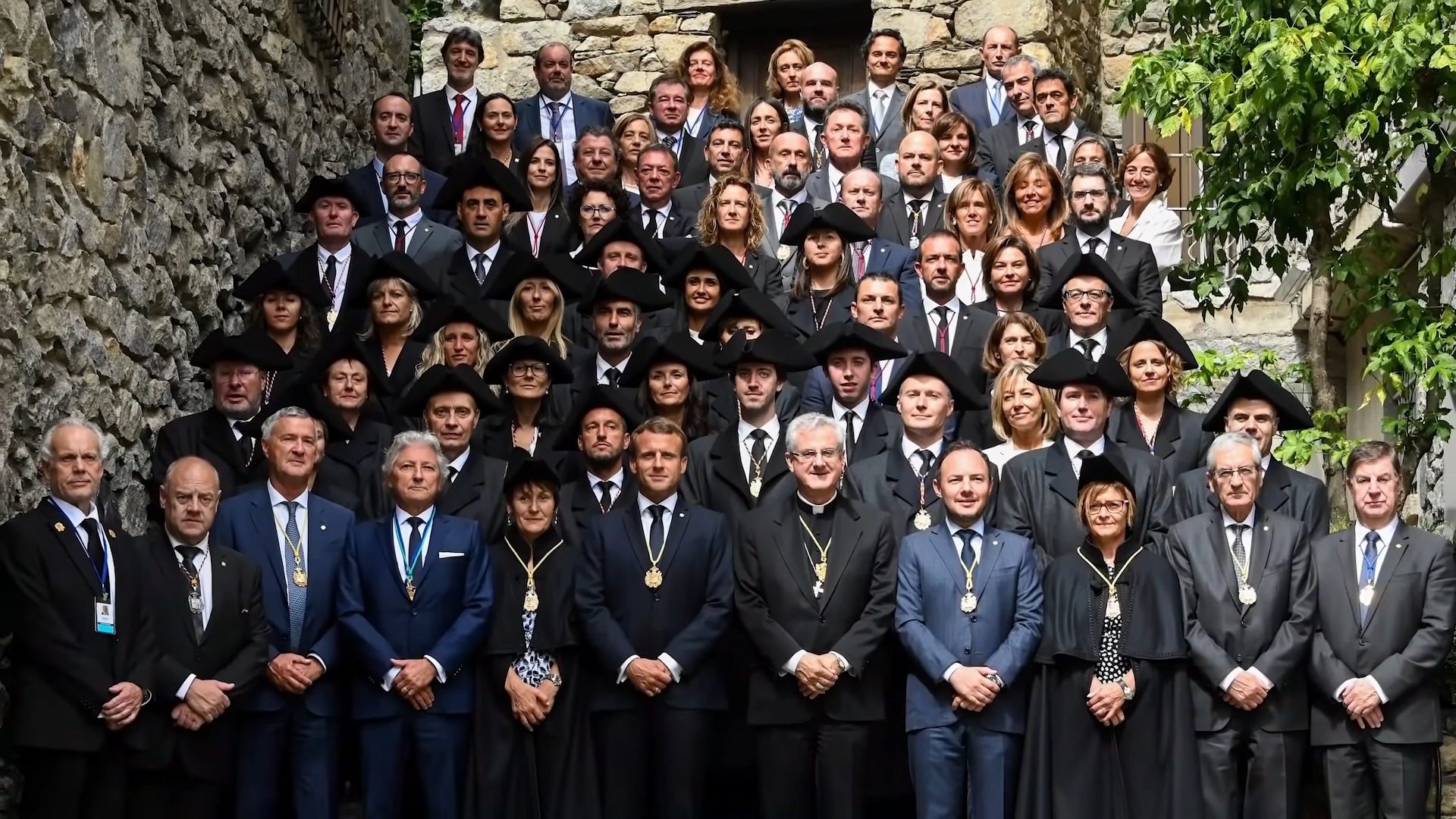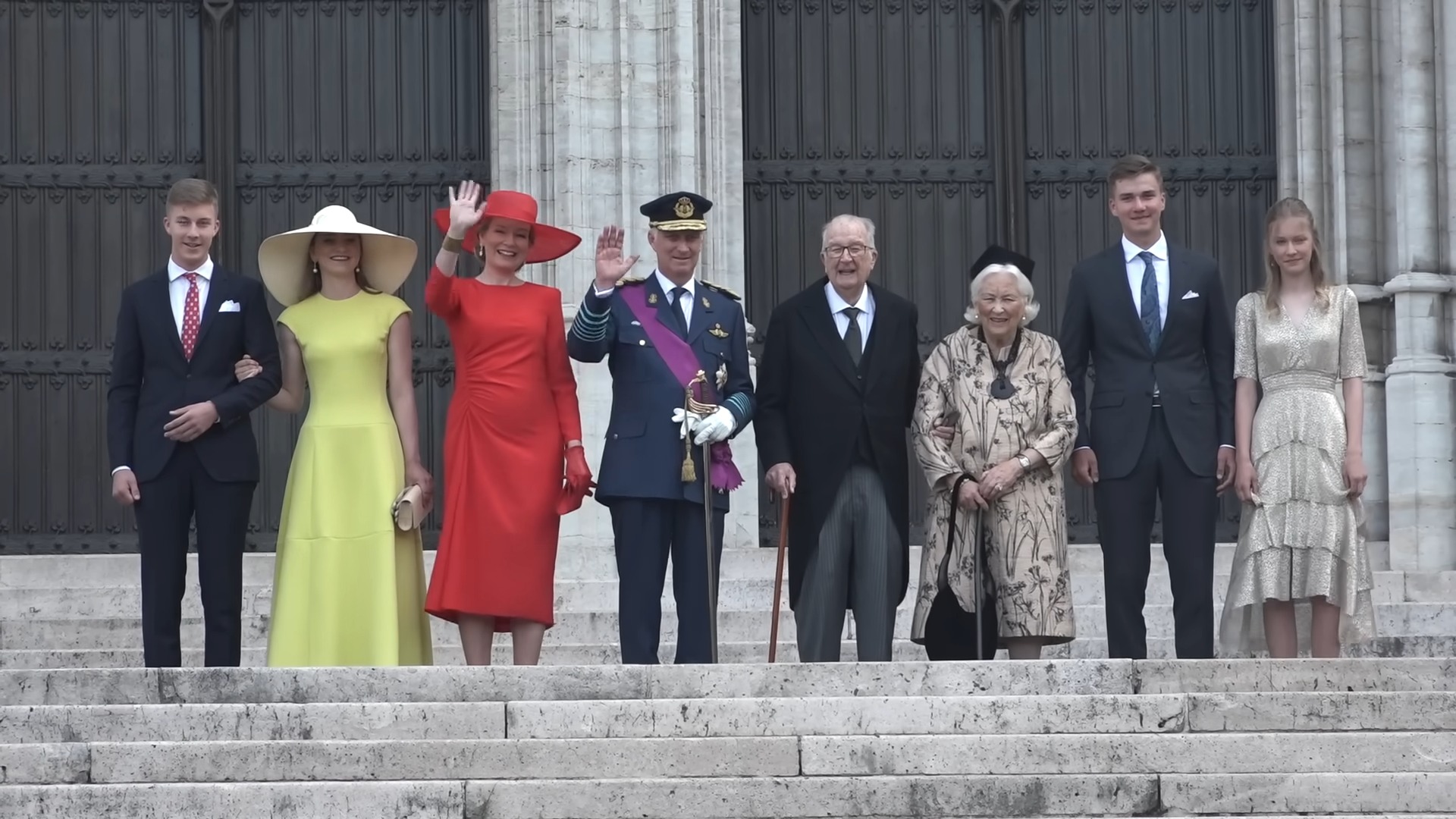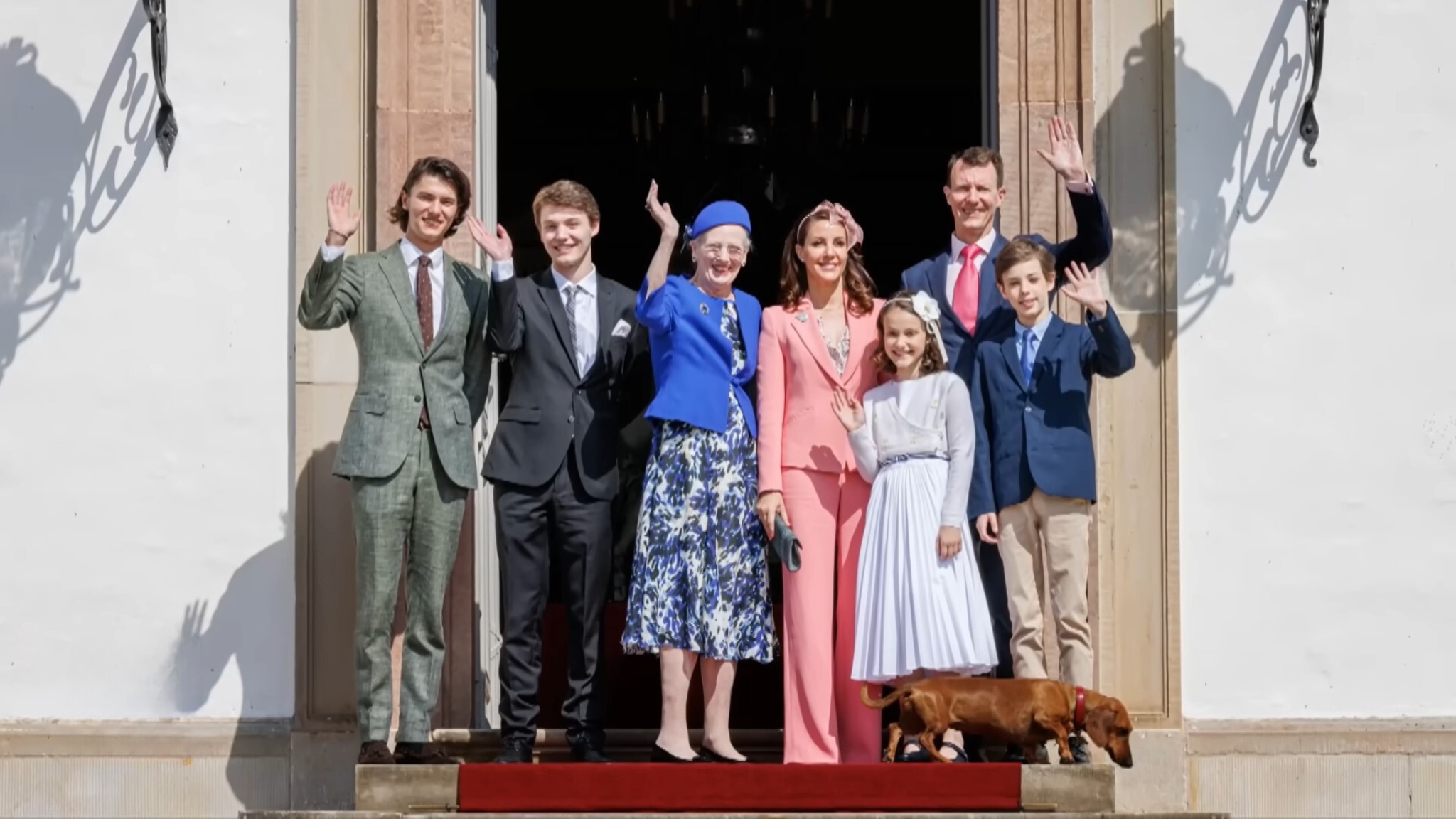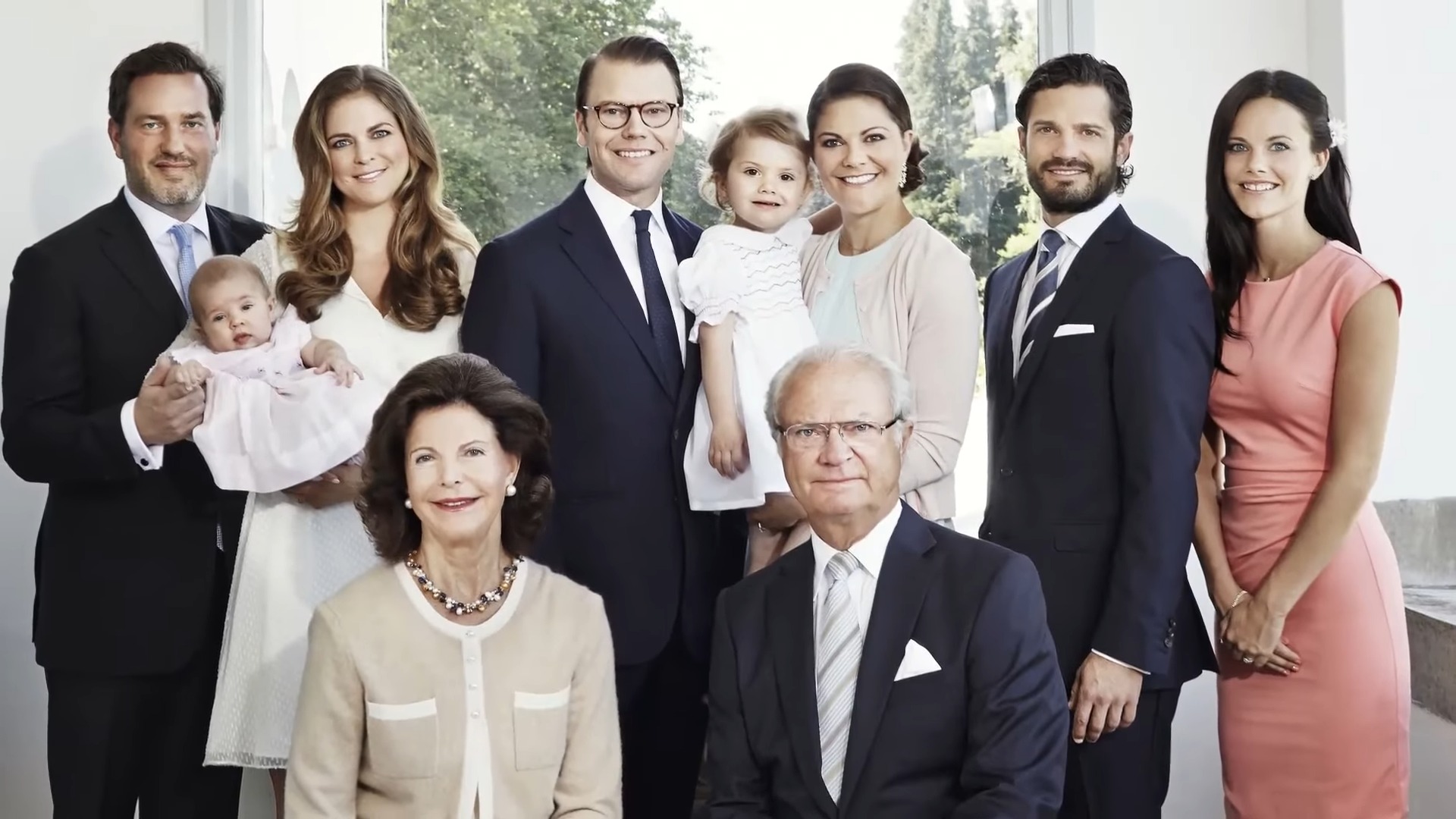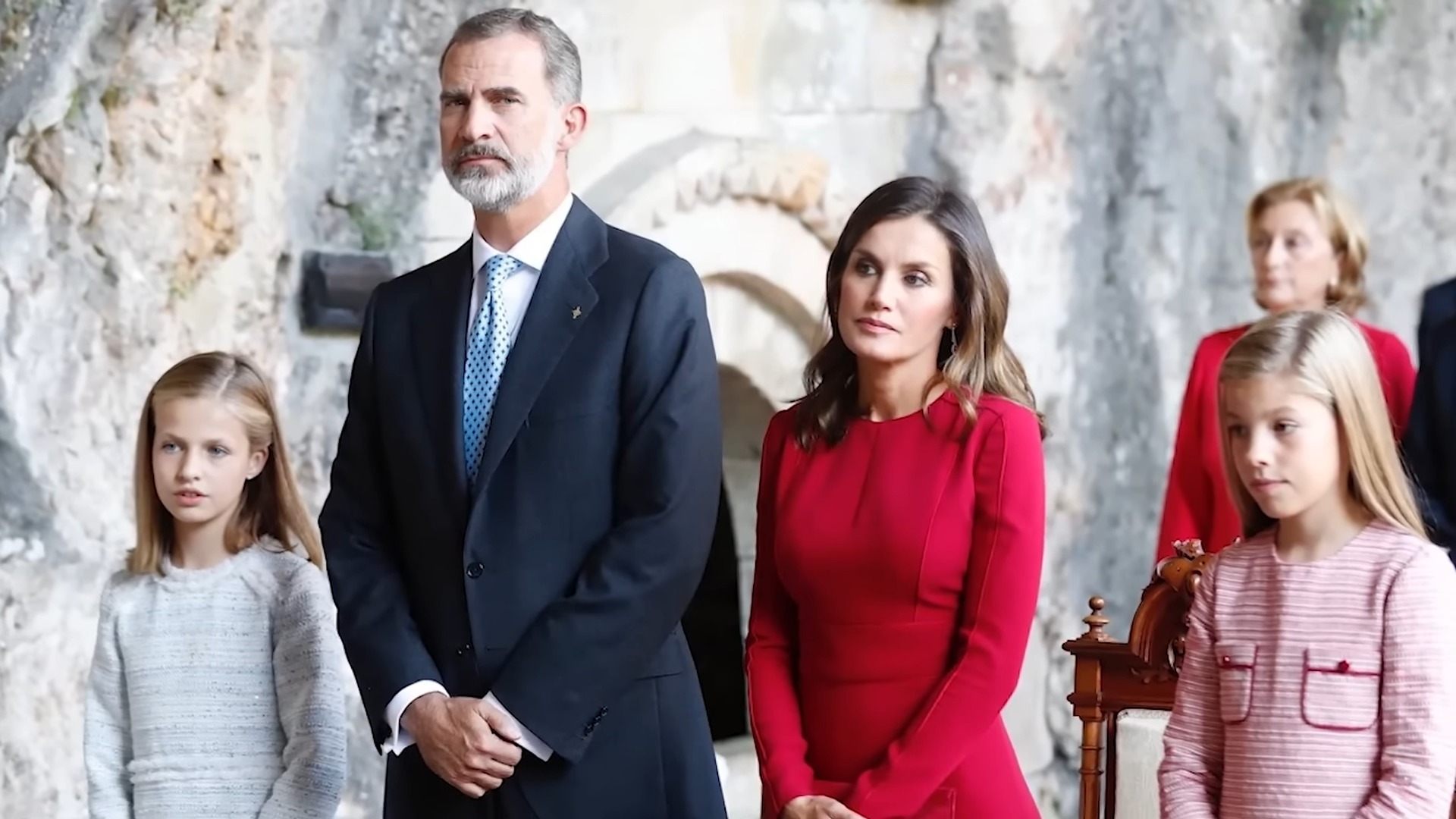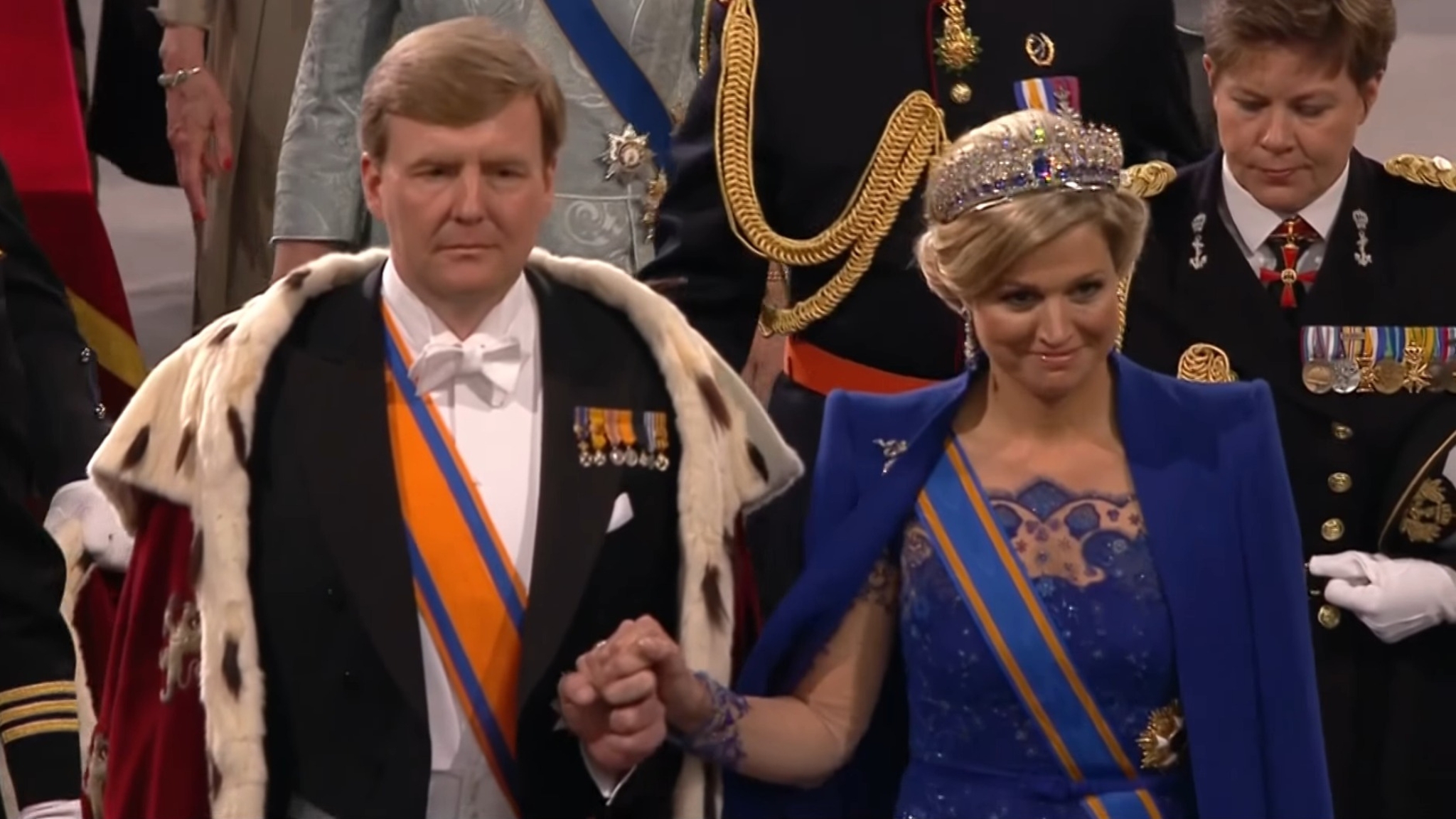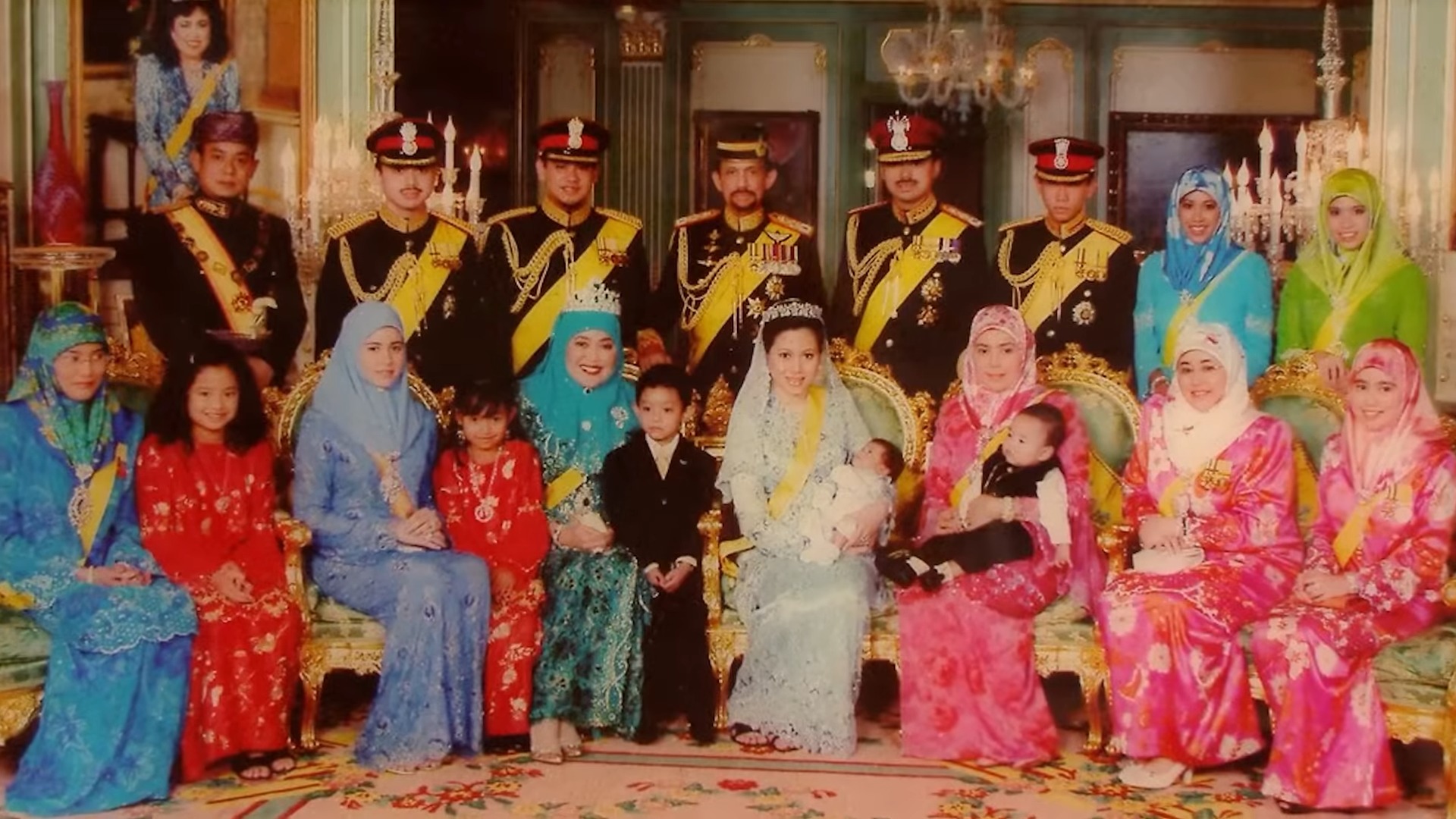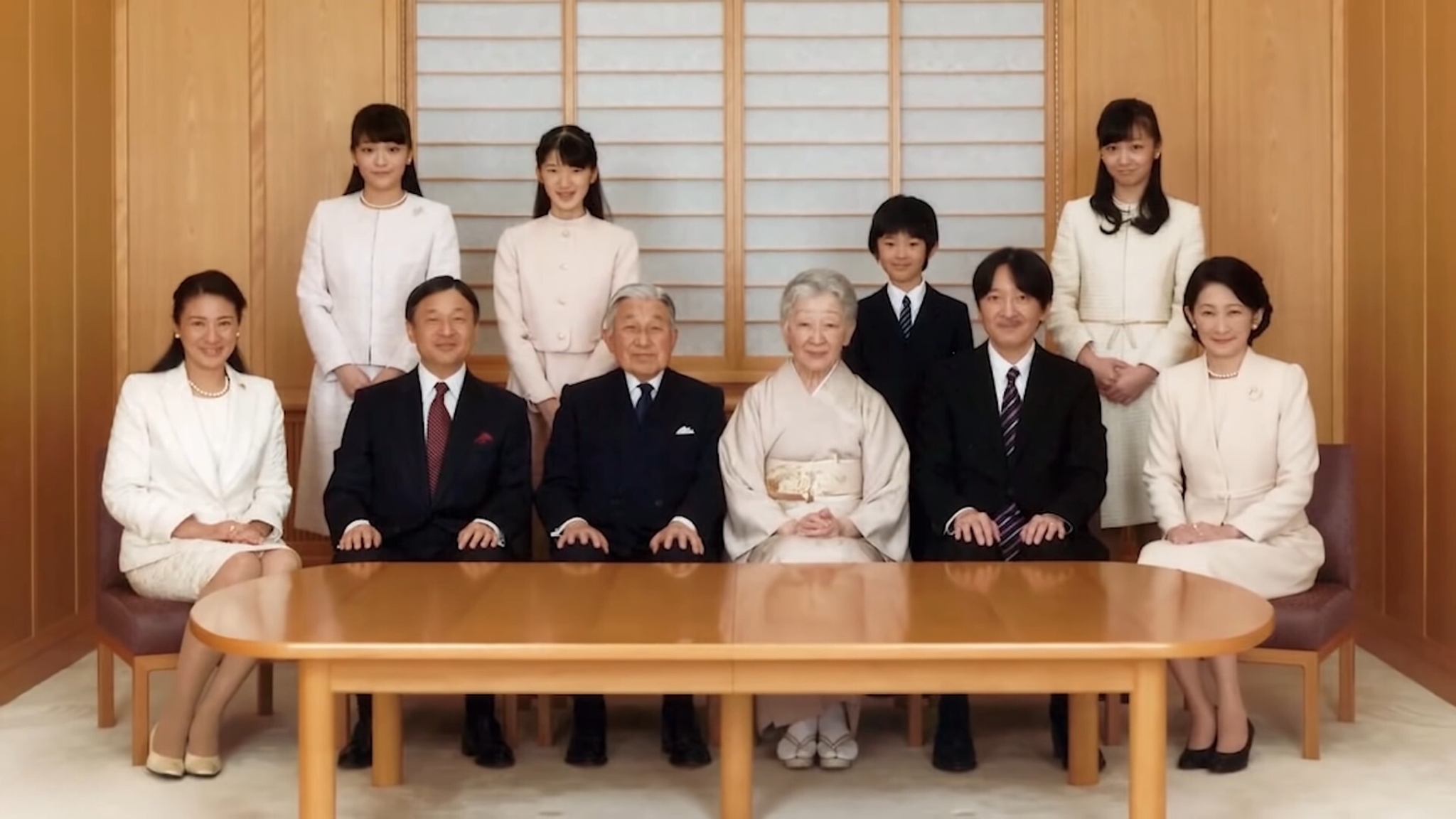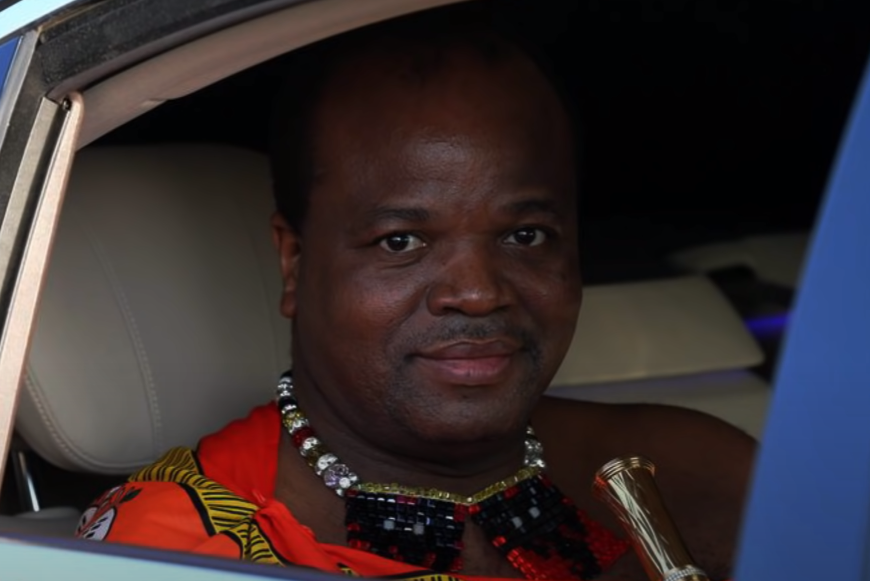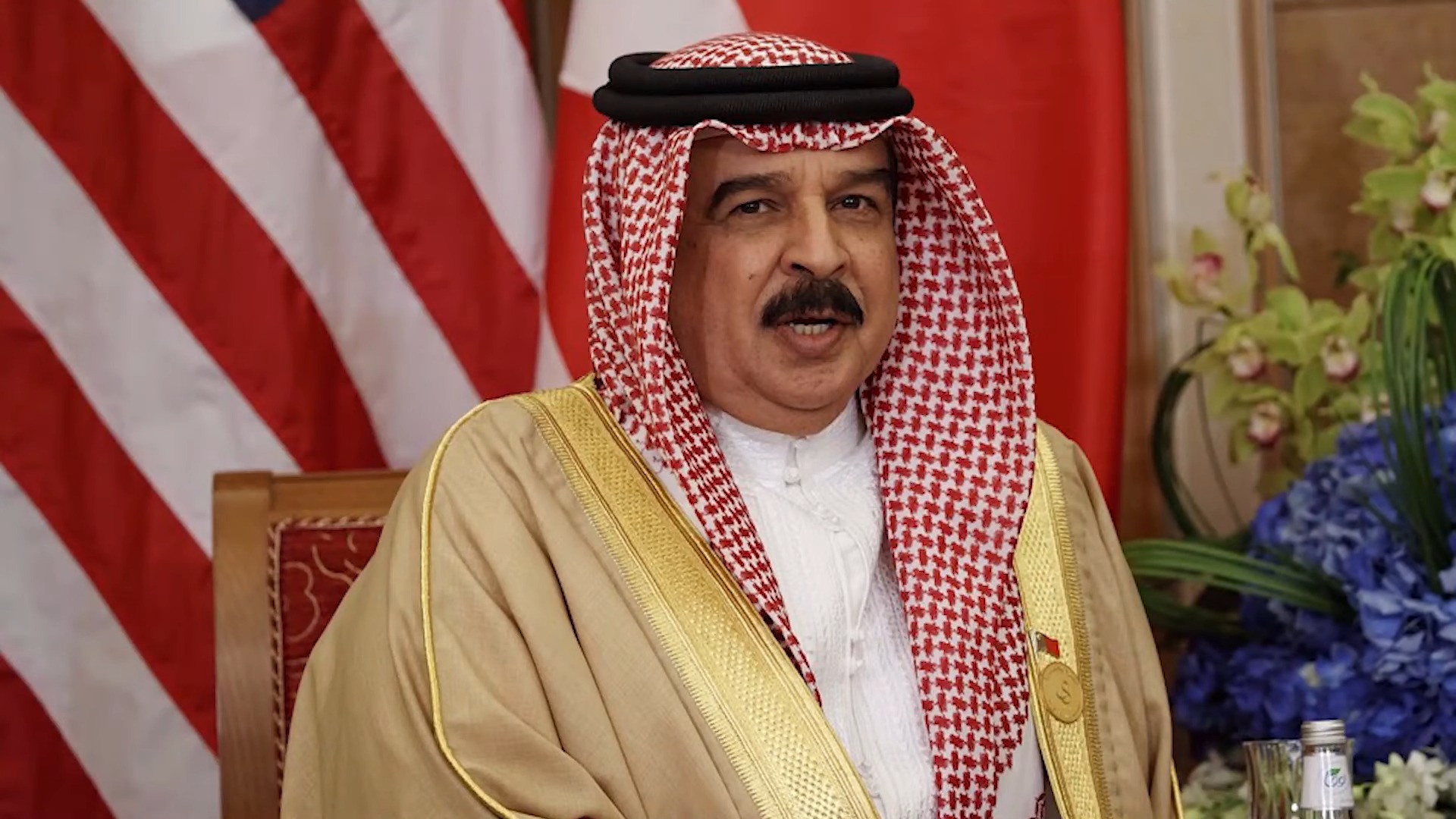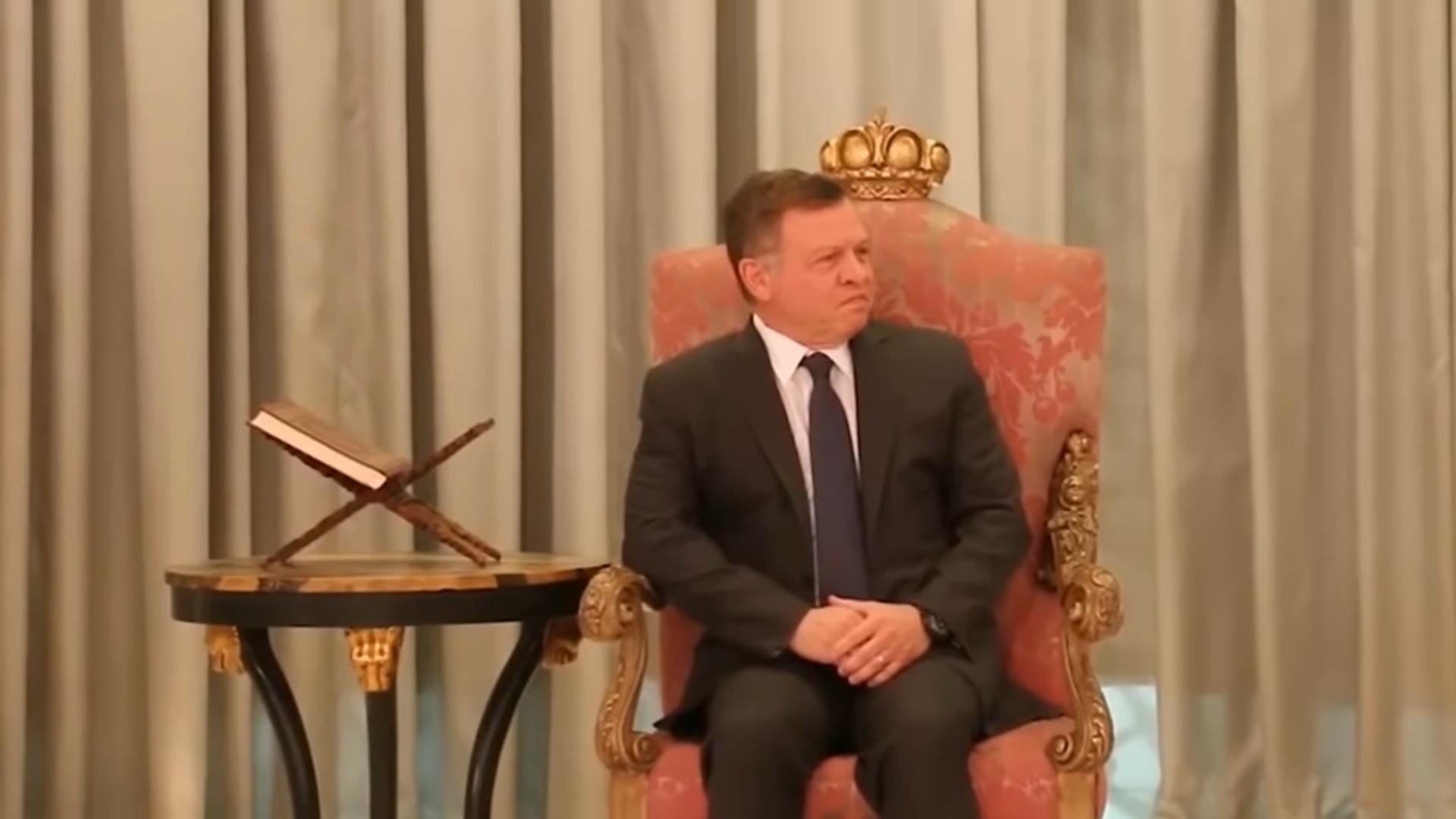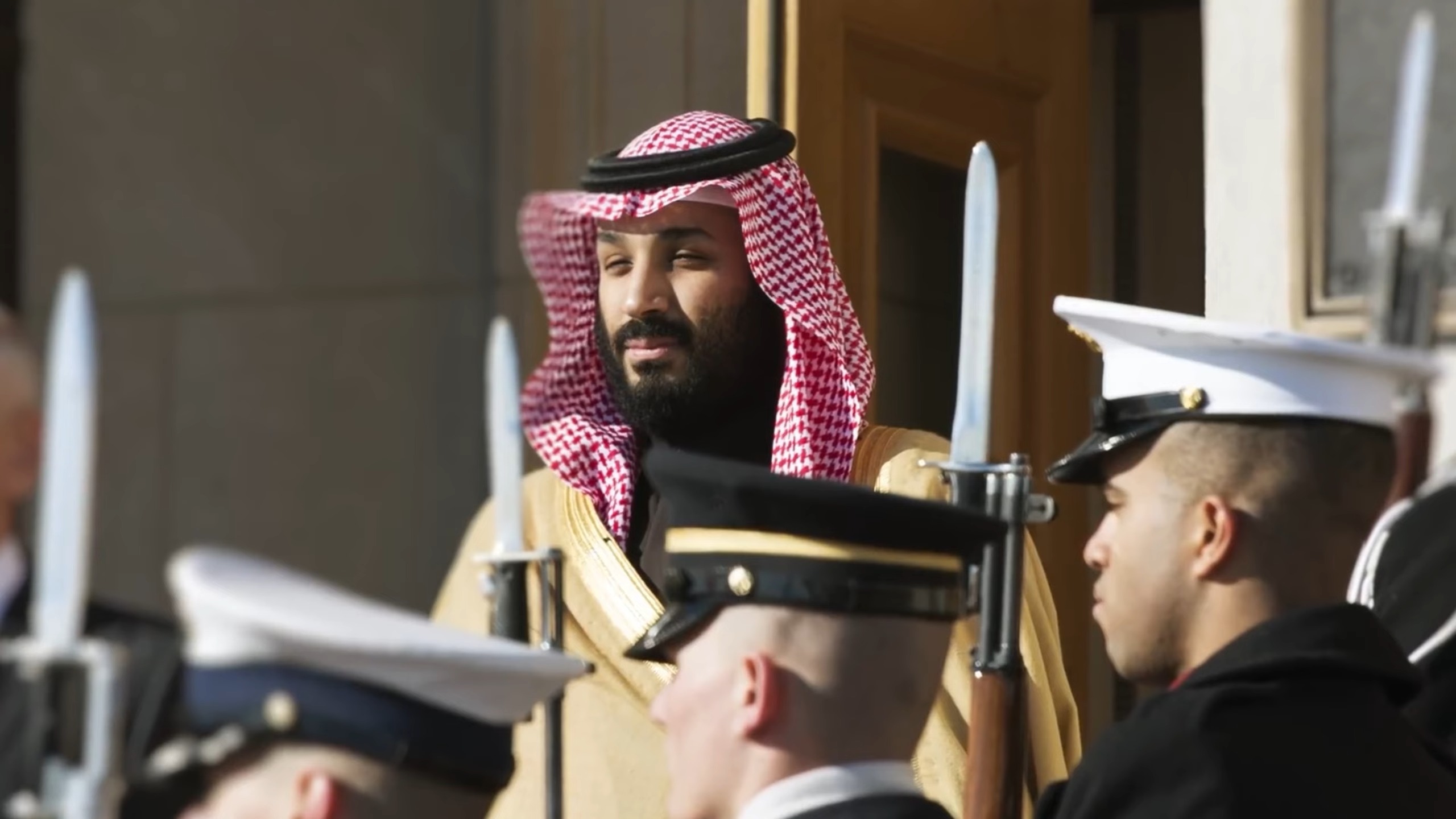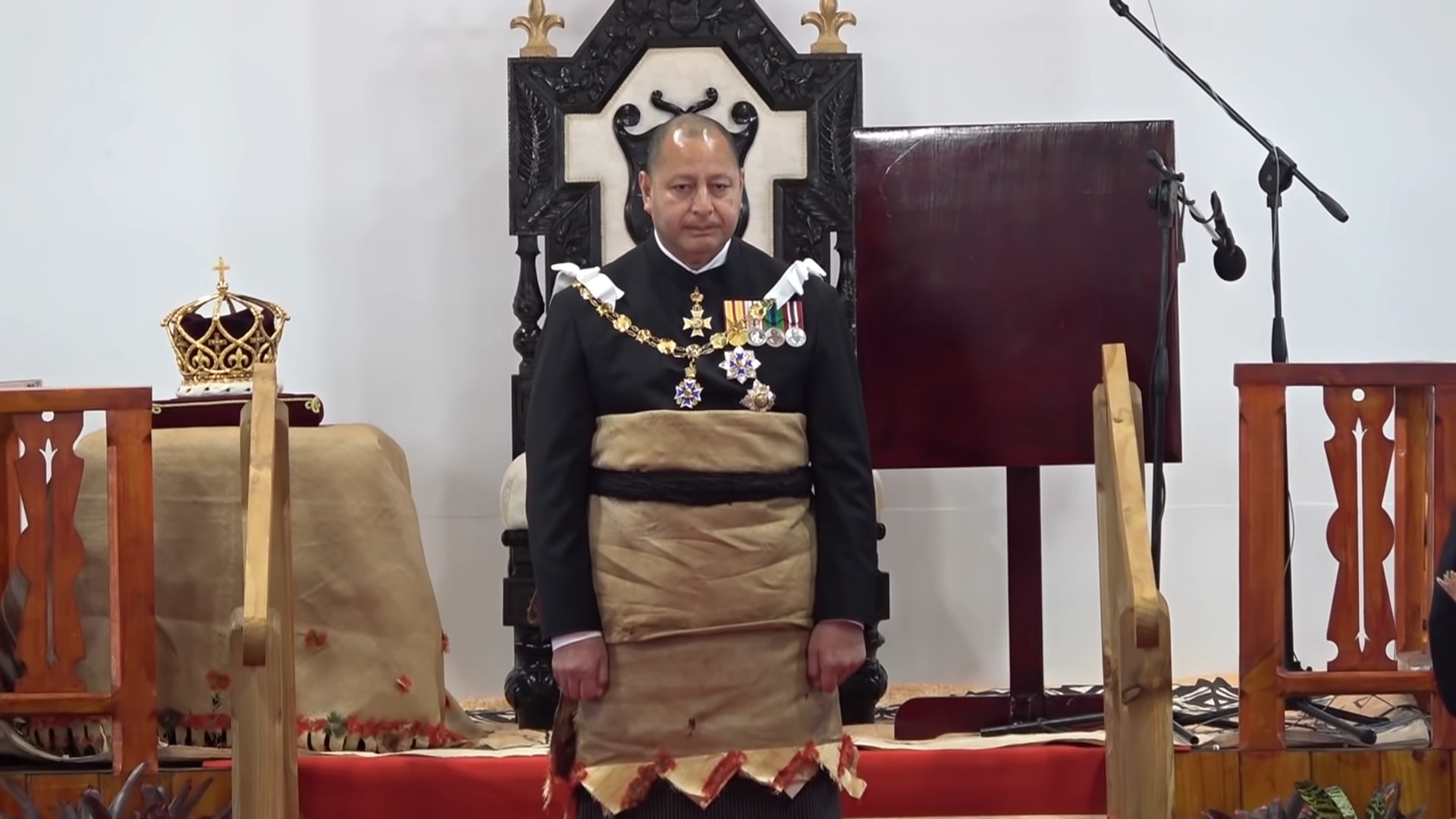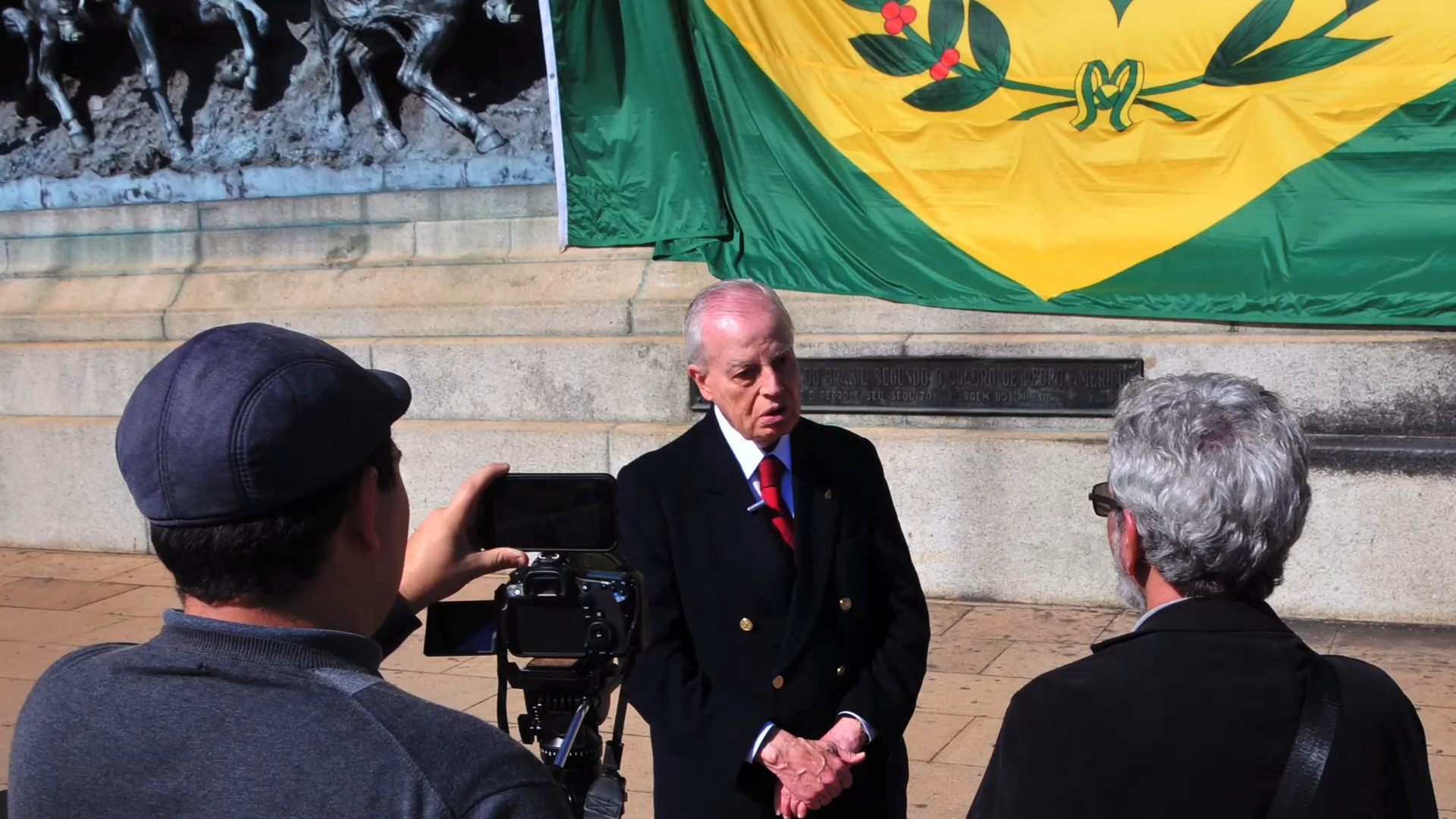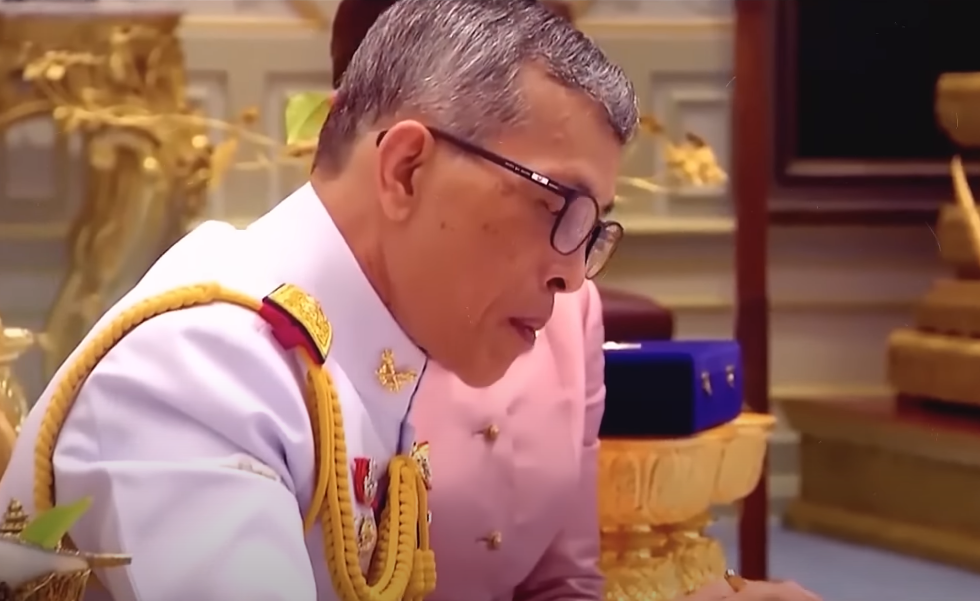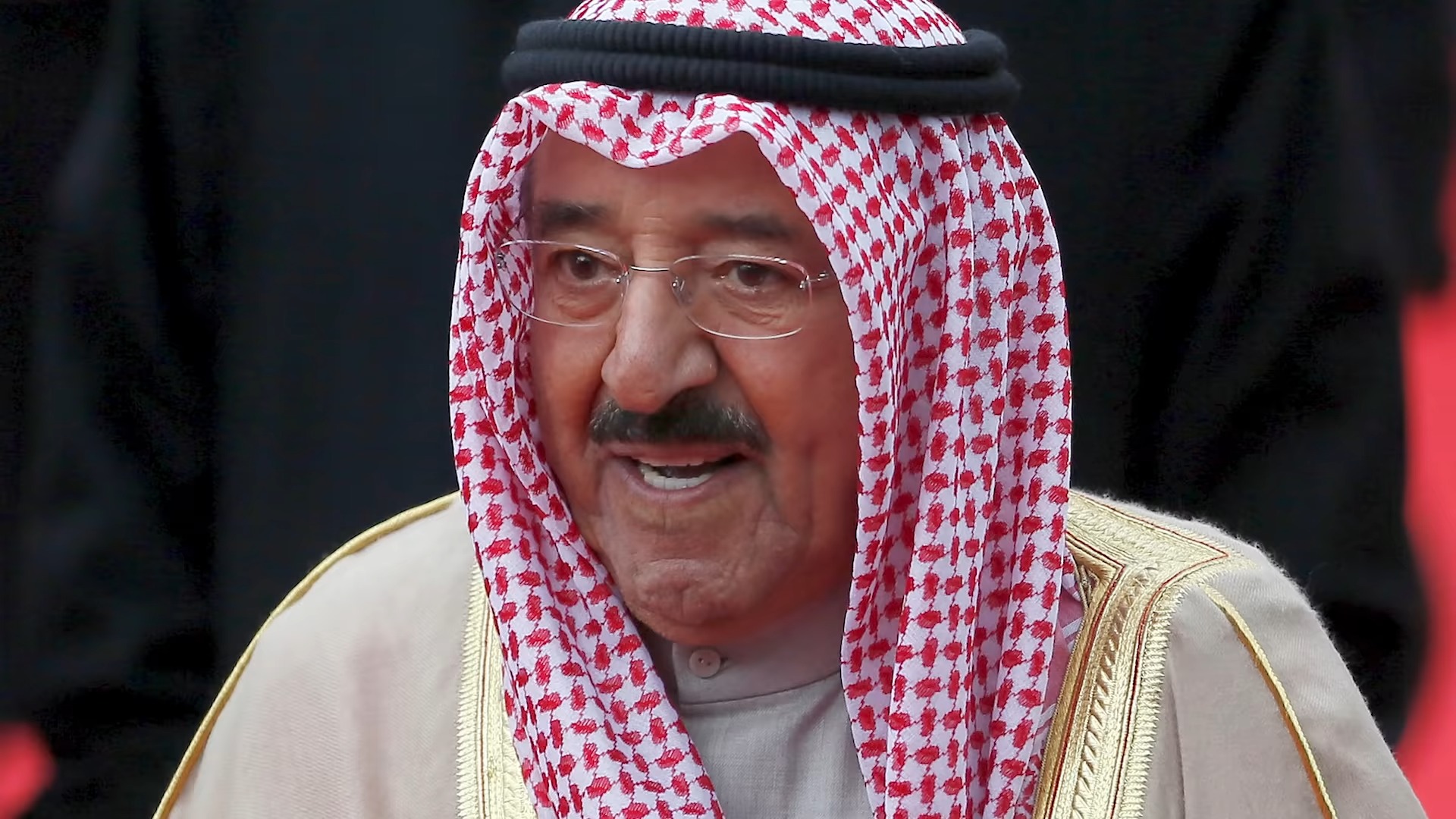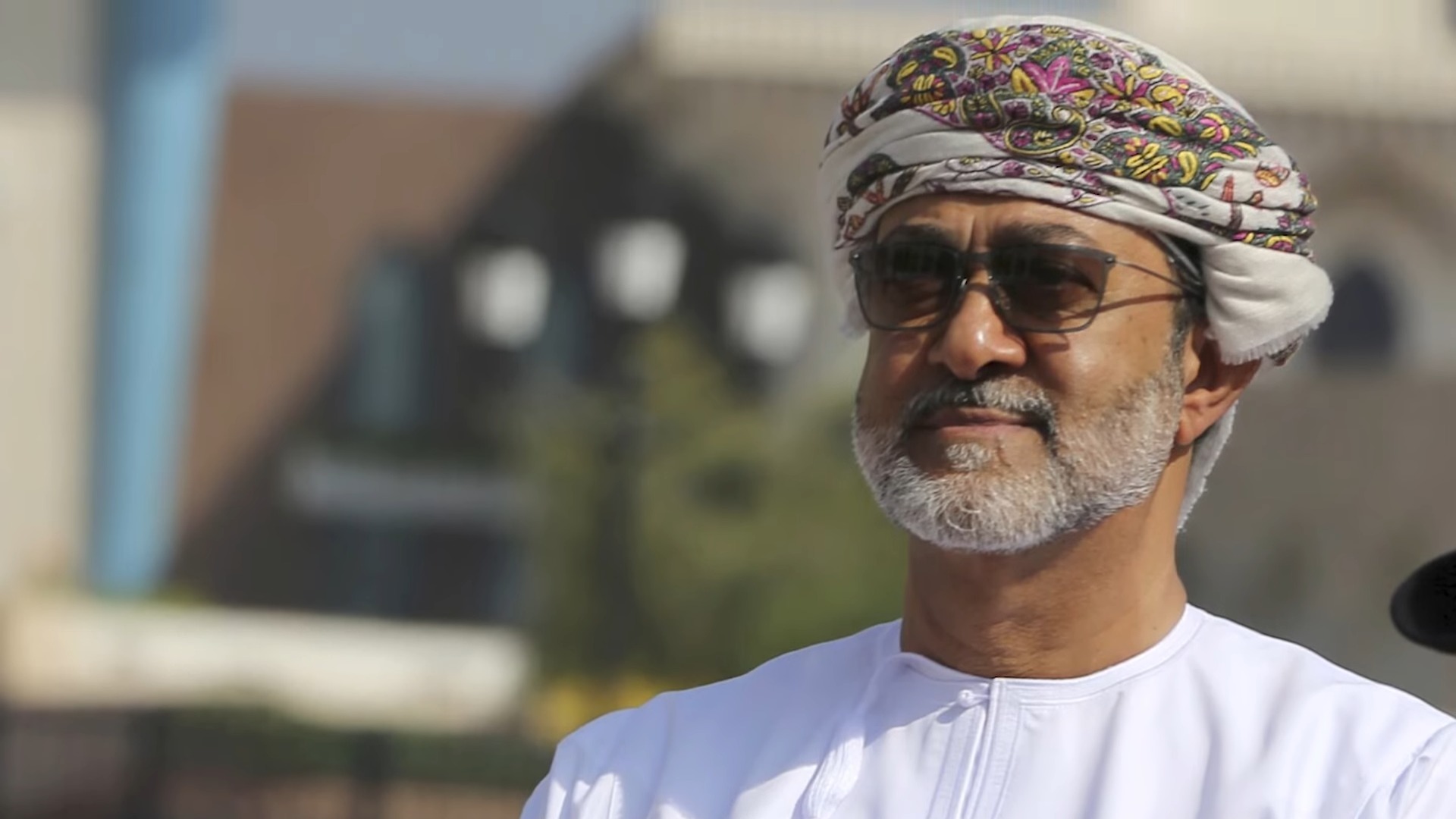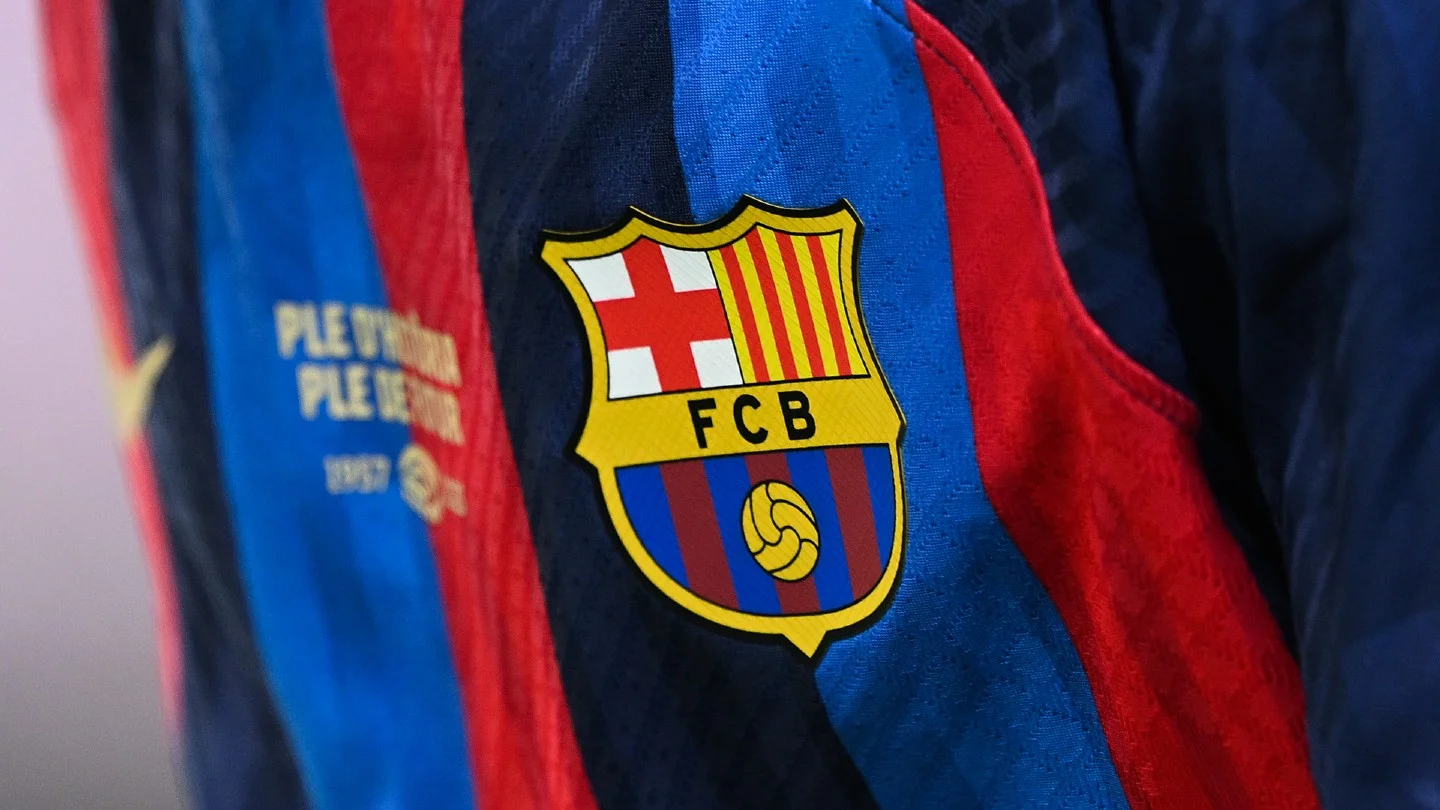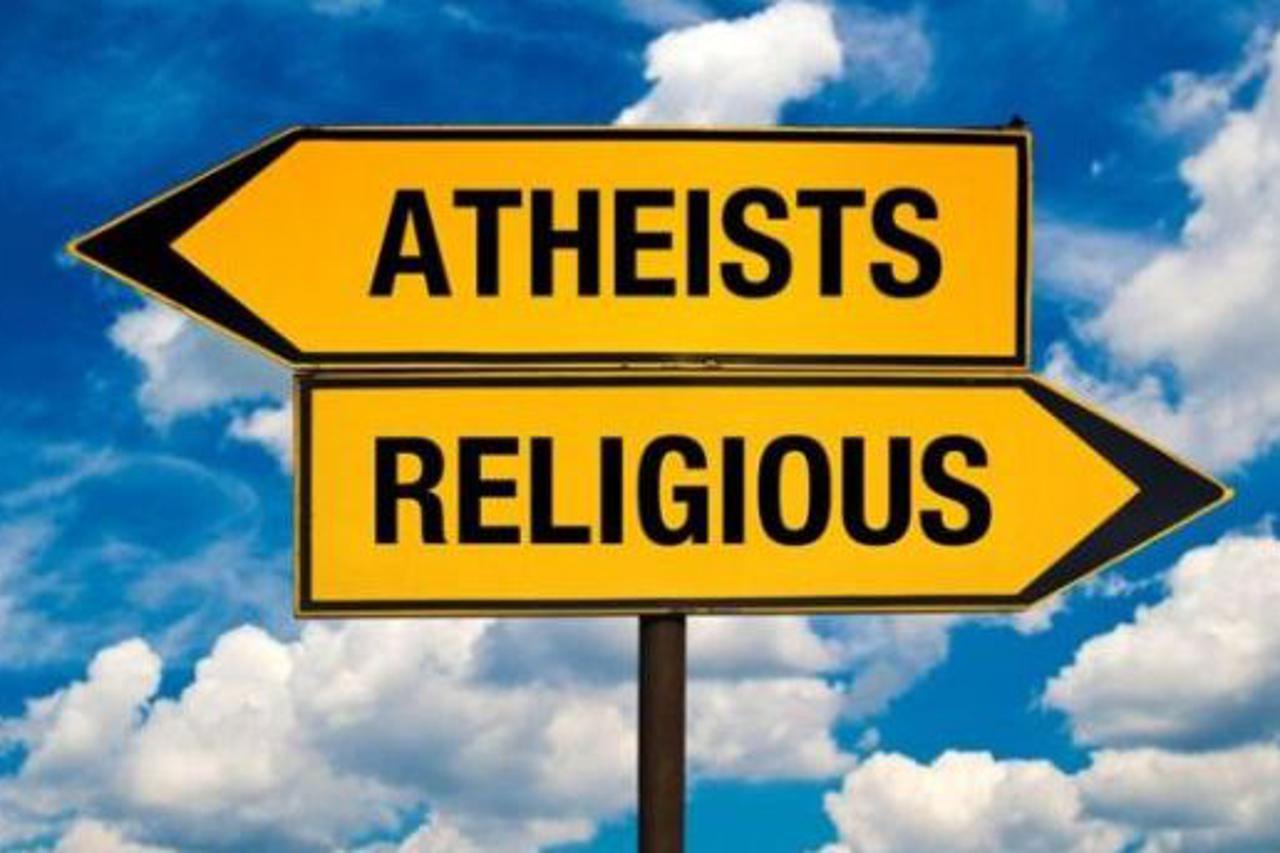In a world that’s rapidly evolving, some traditions stand the test of time. Monarchies, for instance, have been a part of human civilization for millennia. While many nations have transitioned to republics or other forms of government, a significant number still hold onto their royal roots. Today, I’ll take you on a journey through countries that, as of 2024, still have a monarchy.
Europe’s Royal Charm
Europe, with its rich history and diverse cultures, is home to several monarchies. These countries, each with its unique story, continue to captivate the world with their royal allure.
1. Andorra: The Dual Monarchy
Nestled in the Pyrenees Mountains between Spain and France, Andorra is a landlocked European gem. Interestingly, it’s a parliamentary monarchy ruled by not one, but two co-princes: Joan-Enric Vives, a Spanish bishop, and Emmanuel Macron, the leader of France.
This unique arrangement has been a part of Andorra’s history for centuries, making it a fascinating study in shared governance.
2. Belgium: A Central European Monarchy
Belgium, located strategically between the Netherlands, France, and Luxembourg, is a parliamentary monarchy. The current head of state is King Philippe.
Belgium’s monarchy has played a crucial role in its history, especially during the World Wars, acting as a unifying force for its diverse population.
3. Liechtenstein: The Alpine Monarchy
Liechtenstein, a picturesque country wedged between Austria and Switzerland in the Alps, is a semi-constitutional monarchy. The nation is ruled by Prince Hans-Adam II. Despite its small size, Liechtenstein’s monarchy has a significant influence on its politics and culture.
4. Denmark: The Viking Legacy
Denmark, with its rich Viking history and modern urban centers, is a constitutional monarchy. Queen Margrethe II is the current monarch, and the Danish royal family remains an integral part of the nation’s identity, bridging its ancient past with its contemporary present.
5. Norway: The Fjord Monarchy
Norway, known for its breathtaking fjords and northern lights, is a constitutional monarchy under King Harald V. The Norwegian monarchy has played a pivotal role in the nation’s history, from the Viking era to modern times, symbolizing unity and continuity.
6. Sweden: The Scandinavian Crown
Sweden, with its innovative design and deep forests, is a constitutional monarchy. King Carl XVI Gustaf reigns, and the Swedish royal family, while largely ceremonial, still holds a special place in the hearts of many Swedes.
7. Spain: The Reconquista Legacy
Spain, a nation of diverse cultures and languages, is a parliamentary monarchy. King Felipe VI is the current monarch, and the Spanish royal family has been instrumental in the nation’s transition from dictatorship to democracy in the late 20th century.
8. Portugal: The Age of Discovery Monarchy
While Portugal is currently a republic, it’s worth noting its rich monarchical history. The Portuguese monarchy played a crucial role during the Age of Discovery, establishing Portugal as a global maritime power.
9. Netherlands: The Tulip Throne
The Netherlands, renowned for its picturesque canals, windmills, and fields of tulips, is a constitutional monarchy. King Willem-Alexander ascended the throne in 2013, marking a new chapter in the Dutch royal lineage.
The House of Orange-Nassau, to which the royal family belongs, has been an emblematic part of Dutch history and culture. The monarchy, while symbolic, plays a vital role in national ceremonies and represents the unity and rich heritage of the Dutch people.
Asia’s Regal Legacy
Asia, the largest continent, is a melting pot of cultures, traditions, and histories. Among its vast landscapes, several countries continue to be ruled by monarchies, each with its unique flavor and story.
10. Bhutan: The Dragon Kingdom
Bhutan, a reclusive kingdom in the Himalayas, is known for its Gross National Happiness index. It’s a semi-constitutional monarchy ruled by King Jigme Khesar Namgyel Wangchuck. Bhutan’s monarchy is deeply intertwined with its Buddhist traditions, making it a unique blend of spirituality and governance.
11. Brunei: The Abode of Peace
Brunei, located on the island of Borneo, is an oil-rich nation. It’s an absolute monarchy ruled by Sultan Hassanal Bolkiah, one of the world’s wealthiest individuals. Brunei’s monarchy is deeply rooted in its Islamic traditions, and the Sultan plays a pivotal role in both governance and religious affairs.
12. Japan: The Chrysanthemum Throne
Japan, an island nation with a rich history, is a parliamentary monarchy. The country is ruled by Emperor Naruhito. Japan’s monarchy, known as the Chrysanthemum Throne, is the oldest hereditary monarchy in the world. Despite its ancient roots, it has evolved over time, adapting to Japan’s changing socio-political landscape.
Africa’s Royal Tapestry
Africa, with its diverse cultures and histories, has a rich tapestry of monarchies. These kingdoms, some ancient and others more recent, play a crucial role in the continent’s socio-political fabric.
13. Lesotho: The Mountain Kingdom
Lesotho, a landlocked kingdom in Southern Africa, is entirely surrounded by South Africa. It’s a parliamentary monarchy ruled by King Letsie III. Lesotho’s monarchy is deeply rooted in its history and plays a significant role in its cultural and political life.
14. Morocco: The Western Kingdom
Morocco, located in North Africa, is a semi-constitutional monarchy. The nation is ruled by King Mohammed VI. Morocco’s monarchy has been a stabilizing force in the country, playing a crucial role in its modernization and development.
15. Eswatini: Africa’s Last Absolute Monarchy
Eswatini, formerly known as Swaziland, is one of the last absolute monarchies in the world. Ruled by King Mswati III, Eswatini offers a unique glimpse into a form of governance that has become rare in today’s world
The Caribbean’s
The Caribbean, with its azure waters and sun-kissed beaches, is not just a paradise for tourists. Several of its islands still hold onto their royal connections, primarily through their association with the British monarchy.
16. Antigua and Barbuda: The Dual-Island Monarchy
Antigua and Barbuda, a two-island nation in the Caribbean Sea, has a rich colonial history. As a former British colony and a member of the British Commonwealth, its ruler is King Charles III of the United Kingdom. This connection to the British monarchy adds a layer of historical depth to its vibrant Caribbean culture.
17. Jamaica: Reggae and Royalty
Jamaica, known worldwide for its reggae music and vibrant culture, is also a member of the British Commonwealth.
While it recognizes King Charles III as its head of state, there have been discussions about transitioning to a republic. This potential change signifies Jamaica’s evolving identity while still acknowledging its historical ties.
18. Grenada: The Spice Island Monarchy
Grenada, often referred to as the “Spice Island” due to its production of nutmeg and mace, recognizes the British King Charles III as its head of state. This Caribbean island, with its mix of French and British colonial history, offers a unique blend of cultures under its parliamentary monarchy.
Middle East
The Middle East, often regarded as the cradle of civilizations, has several monarchies that have stood the test of time, adapting to the modern world while preserving ancient traditions.
19. Bahrain: The Gulf Monarchy
Bahrain, an island nation in the Persian Gulf, is ruled by King Hamad bin Isa Al Khalifa. As a semi-constitutional monarchy, Bahrain has managed to modernize while holding onto its rich cultural and historical roots, making it a unique blend of the old and the new.
20. Jordan: The Hashemite Kingdom
Jordan, with its ancient ruins and modern cities, is a semi-constitutional monarchy ruled by King Abdullah II. The Hashemite Kingdom, as it’s often called, has played a pivotal role in Middle Eastern politics and continues to be a beacon of stability in the region.
21. Saudi Arabia: The Desert Kingdom
Saudi Arabia, occupying most of the Arabian Peninsula, is an absolute monarchy under King Salman. As the birthplace of Islam, its monarchy is deeply intertwined with religious traditions. The nation, rich in oil, plays a significant role in global politics and economics.
Oceania’s Distant Monarchies
Oceania, comprising numerous islands in the Pacific, has a few nations that still recognize a monarchy, primarily through their association with larger powers.
22. Australia: The Down Under Monarchy
Australia, known for its unique wildlife and vast landscapes, is technically a parliamentary democracy. However, as a member of the British Commonwealth, its king is King Charles III of the United Kingdom. This connection adds a royal touch to its distinct identity.
23. New Zealand: Maori Traditions and Monarchy
New Zealand, with its breathtaking landscapes and Maori heritage, is another member of the British Commonwealth. Recognizing King Charles III as its monarch, New Zealand beautifully blends its indigenous traditions with its royal connections.
24. Tonga: The Polynesian Kingdom
Tonga, a nation in the South Pacific, is a semi-constitutional monarchy under King Tupou VI. With its Polynesian roots and vibrant culture, Tonga stands out as one of the few remaining monarchies in the Pacific region.
South America’s Lone Monarchy
While South America is predominantly known for its republics, there’s a unique connection to monarchy through one of its nations.
25. Brazil: The Unofficial Monarchy
Though not a monarchy in the traditional sense, Brazil has a rich royal history. The Brazilian Imperial Family, descendants of Emperor Pedro II, still exist today.
While they hold no official power, their presence is a testament to Brazil’s vibrant past and the lingering allure of royalty.
North America’s Royal Connections
North America, primarily known for its republics, has ties to monarchies through its association with the British Commonwealth.
26. Canada: The Maple Leaf Monarchy
Canada, with its vast landscapes and multicultural cities, is a parliamentary democracy that recognizes the British monarchy as its head of state.
King Charles III of the United Kingdom is the symbolic monarch, representing a bridge between Canada’s colonial past and its modern identity.
27. Bahamas: The Island Monarchy
The Bahamas, an archipelago off the southeastern coast of Florida, is a parliamentary democracy that recognizes King Charles III of the United Kingdom as its royal head of state.
This Caribbean nation, with its sun-soaked beaches, seamlessly blends its British colonial history with its unique island culture.
Southeast Asia’s Royal Heritage
Southeast Asia, with its rich tapestry of cultures and histories, is home to several monarchies that have evolved over the centuries.
28. Cambodia: The Khmer Monarchy
Cambodia, known for its ancient temples and rich history, is a constitutional monarchy. King Norodom Sihamoni currently reigns, and the monarchy plays a significant role in preserving the nation’s cultural heritage.
29 Malaysia: The Rotating Monarchy
Malaysia stands out with its unique system of rotating monarchy among nine of its states’ rulers. Every five years, a new king, or Yang di-Pertuan Agong, is elected among them.
This system showcases a blend of democracy and monarchy, making Malaysia’s royal structure truly unique.
30. Thailand: The Land of Smiles
Thailand, with its bustling cities and serene temples, is a constitutional monarchy under King Maha Vajiralongkorn. The Thai monarchy is deeply revered, and it plays a central role in the nation’s cultural and spiritual life.
Arabian Peninsula
The Arabian Peninsula, with its vast deserts and rich history, is home to several monarchies that have played pivotal roles in global geopolitics.
31. Kuwait: The Desert Monarchy
Kuwait, located at the tip of the Arabian Peninsula, is a constitutional monarchy with Sheikh Nawaf Al-Ahmad Al-Jaber Al-Sabah as its ruler. The monarchy has been instrumental in guiding Kuwait through various regional challenges.
32. Oman: The Arabian Oasis
Oman, with its stunning landscapes and ancient forts, is an absolute monarchy under Sultan Haitham bin Tariq. The Omani monarchy has been a beacon of stability and progress in the region.
33. Qatar: The Pearl of the Gulf
Qatar, known for its futuristic skyline and rich gas reserves, is an absolute monarchy ruled by Sheikh Tamim bin Hamad Al Thani. The Qatari monarchy has been instrumental in positioning the nation as a global hub for sports, culture, and diplomacy.
The Himalayan Monarchy: A Kingdom Above the Clouds
34. Nepal: The Land of Temples and Mountains
Nepal, situated amidst the towering peaks of the Himalayas, was a monarchy until 2008. While it’s now a federal democratic republic, the legacy of its kings, from the ancient Licchavi dynasty to the modern Shah dynasty, is deeply woven into the nation’s fabric.
Island Monarchies: Distinct Cultures Amidst the Waves
Island nations, with their unique geographies and histories, have monarchies that reflect their distinct identities and challenges.
35. Fiji: The Pacific Archipelago
While Fiji is currently a republic, it has a rich history of tribal chieftains and was once a British colony. The legacy of its chiefs and the influence of the British monarchy are still evident in its cultural ceremonies and traditions.
36. Barbados: A Caribbean Gem
Barbados, known for its pristine beaches and vibrant culture, was a constitutional monarchy under the British crown until 2021. Transitioning to a republic, Barbados exemplifies the evolving nature of monarchies and their relevance in the modern age.
37. Solomon Islands: The Melanesian Monarchy
The Solomon Islands, located in the Pacific Ocean, recognize the British monarch as their ceremonial head of state. This connection to the British crown is a testament to the islands’ colonial history and its enduring ties.
The Relevance of Monarchies in the 21st Century
In an age dominated by democracies and republics, the existence of monarchies might seem like an anachronism to some. However, these royal institutions continue to play significant roles in their respective nations and on the global stage.
Symbols of Unity and Tradition
Monarchies often serve as unifying symbols, representing the continuity of a nation’s history and culture. In turbulent times, the presence of a monarch can provide a sense of stability and cohesion.
Their non-partisan nature allows them to rise above the fray of daily politics, offering a neutral figurehead around which citizens can rally.
Balancing Tradition and Progress
Today’s monarchs are not just ceremonial figureheads. Many actively engage in philanthropic efforts, champion causes close to their hearts, and even participate in global diplomacy.
They walk a tightrope, balancing the weight of tradition with the needs of a modern populace. This duality often makes them compelling figures on the world stage, as they blend centuries-old customs with contemporary sensibilities.
Challenges Faced by Modern Rulers
While monarchies have endured for centuries, they are not without their challenges in the modern era.
The Question of Relevance
As democratic values become more entrenched globally, questions arise about the relevance of hereditary leadership. Critics argue that in an age where meritocracy is prized, the idea of leadership based on birthright seems outdated.
Balancing Power and Responsibility
While some monarchies have clear delineations between ceremonial duties and governance, others, especially absolute monarchies, wield significant power. This concentration of power can lead to potential abuses, making checks and balances crucial.
Adapting to a Changing World
The world is evolving, and monarchies are no exception. As we move further into the 21st century, these royal institutions will need to adapt to remain relevant.
Embracing Modernity While Honoring Tradition
For monarchies to thrive, they must find ways to integrate modern values while preserving their rich heritage. This might mean championing social causes, promoting education, or embracing technological advancements.
Building Bridges: Monarchies in Global Diplomacy
Monarchs, with their unique positions, can play pivotal roles in global diplomacy. Their non-partisan nature and historical ties can make them effective mediators and ambassadors of peace.
FAQ
How many royal families are there in 2024?
As of 2024, there are approximately 26 royal families reigning over 45 monarchies around the world.
What countries are still under the royal family?
Countries that still have a monarchy in 2024 include, but are not limited to: the United Kingdom, Spain, Sweden, Norway, Denmark, Belgium, the Netherlands, Japan, Thailand, Saudi Arabia, Jordan, Bahrain, Brunei, and many others.
Is there a 13-year-old royal?
Yes, there are several young royals around the world. The specific age of a royal can vary from year to year. For instance, Princess Charlotte of the United Kingdom was born in 2015, making her 8 years old in 2024. It’s essential to check the birthdates of specific royals to determine their age in a given year.
Who is the king of 2024?
There are multiple kings in 2024, depending on the country in question. For example, King Felipe VI reigns in Spain, King Harald V in Norway, and King Salman in Saudi Arabia.
If referring to a specific nation, it’s crucial to specify which country’s king you’re inquiring about.
Who are the richest royal families?
The richest royal families in 2024 include the House of Saud of Saudi Arabia, the royal family of Brunei, the royal family of Thailand, and the royal family of Morocco. The specific rankings can vary based on various factors, including national wealth, personal assets, and economic conditions.
Does Greece have a royal family?
Yes, Greece has a royal family, but they do not hold any official or ceremonial role in the country. The Greek monarchy was abolished in 1973.
The former King Constantine II and his family still use their royal titles, but they are not recognized by the Greek state.
How many royal families are in Europe?
As of 2024, Europe is home to 11 reigning royal families.
Final Words
In the vast tapestry of global governance, monarchies remain a vibrant thread, weaving together the past, present, and future.
Their resilience in the face of change, their ability to embody both tradition and progress, and their unique roles in diplomacy and cultural preservation make them fascinating subjects of study.
As we navigate the complexities of the 21st century, these royal institutions remind us of the enduring power of history, heritage, and the human desire for continuity.

